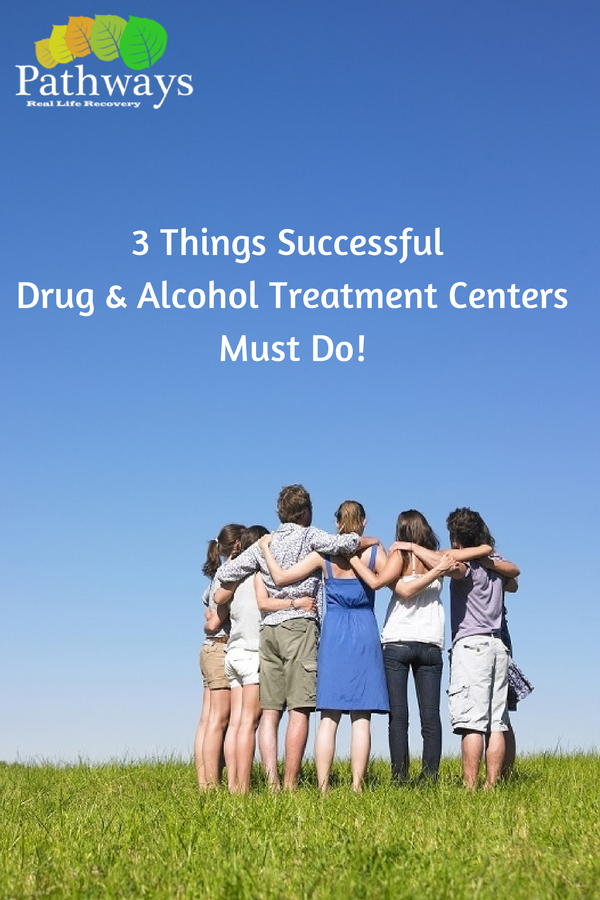Addictions are tough to treat. Each is different and shaped by factors including the person's medical history, financial situation and childhood trauma. If you know a friend or family member dealing with drug or alcohol addiction, don't just point them to the nearest treatment center. Find a caring clinic that will strive to understand your loved one as a person and not just a case. Here are 3 actions that successful drug & alcohol treatment centers might take:
Successful Drug & Alcohol Treatment Facilities Match Patients with the Most Compatible Medications at the Correct Dosage
Every person is unique. The best medication for one person may do more harm than good for another. Reliable treatment centers provide individual genetic testing to optimize treatment. Once a patient's DNA is sampled and analyzed, clinics can identify the most effective prescription, including dosage and frequency. The treatment center will then monitor the effects of the prescription and modify it as the patient improves. While DNA-prescription matching isn't foolproof, it offers a much higher standard of care than generic prescriptions. Treatment centers that offer this service likely also practice other forms of individualized care
Successful Drug & Alcohol Treatment Facilities Examine All Underlying Triggers
According to the National Institute on Drug Abuse, "To be effective, treatment must address the individual's drug abuse and any associated medical, psychological, social, vocational, and legal problems." Co-occurring disorders such as depression, stress, mental disorders, etc. may trigger or compound addiction in many patients. It's paramount for treatment centers to understand these hardships on a personal level. A recent study revealed that nearly 60 percent of unemployed men consumed more than eight drinks per day over the course of one week compared to 34 percent of employed men. Stress and uncertainty likely contributed to the unemployed men's behavior. Successful treatment centers know to look for triggers such as:
- Social anxiety
- Financial issues
- Eating disorders
- Witnessing or having suffered from abuse or violence
Because addictions may persist or recur if the underlying triggers aren't managed, knowledgeable treatment centers offer specialized training or community outreach programs to help patients heal as a whole, not just as an addict. Behavioral therapy such as family or group counseling may also be effective.
Successful Drug & Alcohol Treatment Facilities Treat Enduring Trauma
Because most addiction treatment programs only last a few months, it's essential that they provide people with the necessary tools to counter cravings on their own. Trauma from post-traumatic stress disorder, domestic abuse, or other forms of enduring shock can sway a recovering addict toward substances that may numb their fear or pain.
Therapy sessions can greatly benefit trauma victims, allowing them to speak openly about the triggering event(s). The therapist may assign reading or journal writing to be completed after each meeting, and encourage the person to practice light stretching or breathing exercises. The success of a therapy program depends on the commitment of the person and the people around him. As such, the person's family members and living partners should learn as much as possible about the addiction. Group healing can help a family come together and create an environment free of temptation. Successful treatment centers may also provide a network of current or former addicts from whom the person can relate to and seek advice.
If you or someone you love is ready to stop hurting and start healing, give Salt Lake City's premier addiction recovery facility, Pathways Real Life Recovery a call today.


